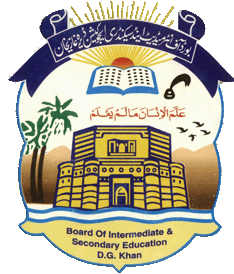Essay On Shah Abdul Latif Bhattai In English
I have written this post for essay on Shah Abdul Latif Bhattai in English for matric and intermediate students. This is a very important essay topic for matric students and you should be aware about this famous personality. For the readers here we will be heading towards the complete set of information about Shah Abdul Latif Bhattai. Shah Abdul Latif is renowned known as one of the most reputable great scholar, saint and spiritual poet. He was born in the place of Hala Haveli near the Khatiyan village of Hyderabad District, Sindh in the year 1689. He did has his ancestral roots in the place of Afghanistan. His father was name Syed Habib Shah with whom he did migrated from Matyaru. He has his ancestral home in the place of Afghanistan to Bhainpur in Sindh.
Essay On Shah Abdul Latif Bhattai In English

Early Education of Shah Abdul Latif Bhattai:
He got his early education from the place of Madrasa run by Akhund Noor M. Bhatti. He was known out to be the proficient in the knowledge of Quran and the traditions. Shah Bhattai always use to walk by carrying the books of Holy Quran in his hands. He start taking Quran education as under Masnavi Maulana Room, and Risalo of his great grand father Shah Abdul Karim of Burli. The poet excelled in the Sindhi language. He was also proficient in the Persian, as well as Sanskrit, Saraiki, Urdu and Baluchi languages. He was known out to be the missionary and has a great grip over the practical learning. He was much praised as for his simplicity and hospital nature. His poetry always used to carry then message of love and affection for the humanity.
Married Life of Shah Abdul Latif Bhattai:
In the year 1713 he got married to Bibi Saidha Begum. It was a love marriage. His wife died at a very early age. He did not have any kids. He never married again.
Death of Shah Abdul Latif Bhattai:
In the year 1742 he did decided to get settle in Bhit. He had a great passion for the music. He once ordered the musicians and they played music for almost three days. As the musicians stopped playing from pure exhaustion, they found the poet dead. He died in 1752, and was buried in Bhit. A mausoleum was later constructed at the place where he died.
When he was alive, he had the fear that the people will ignore his poetry writings. Therefore he destroyed all his writings by throwing them in the Kiran Lake. But as on the request of one of his disciples, the sufi poet did asked his servant named as Mai Naimat who had memorized most of his verses and eventually he rewrite them. The message was then later on duly recorded and compiled. A copy of the compilation was then named as “Ganj” that was retained at the mausoleum.



